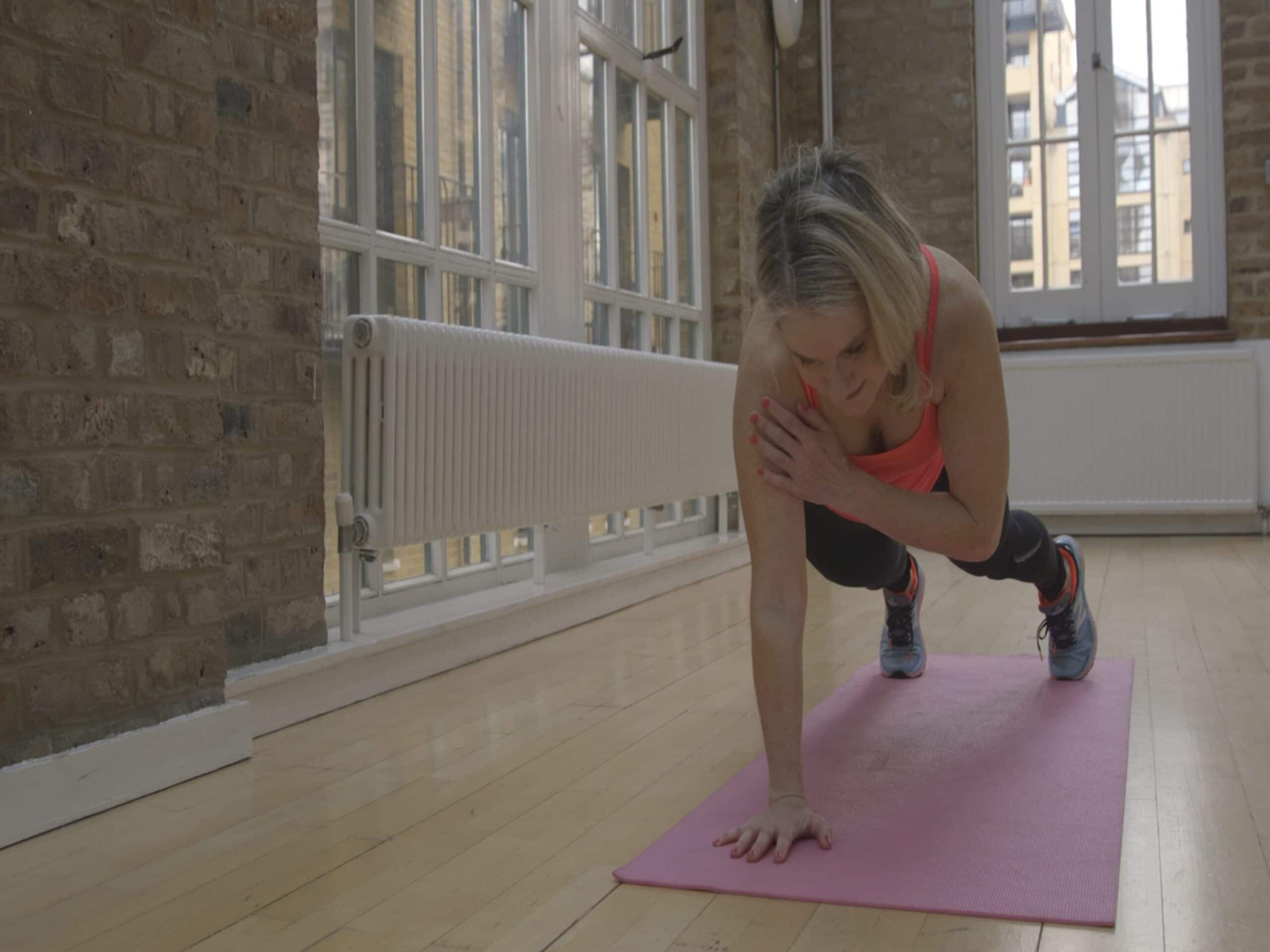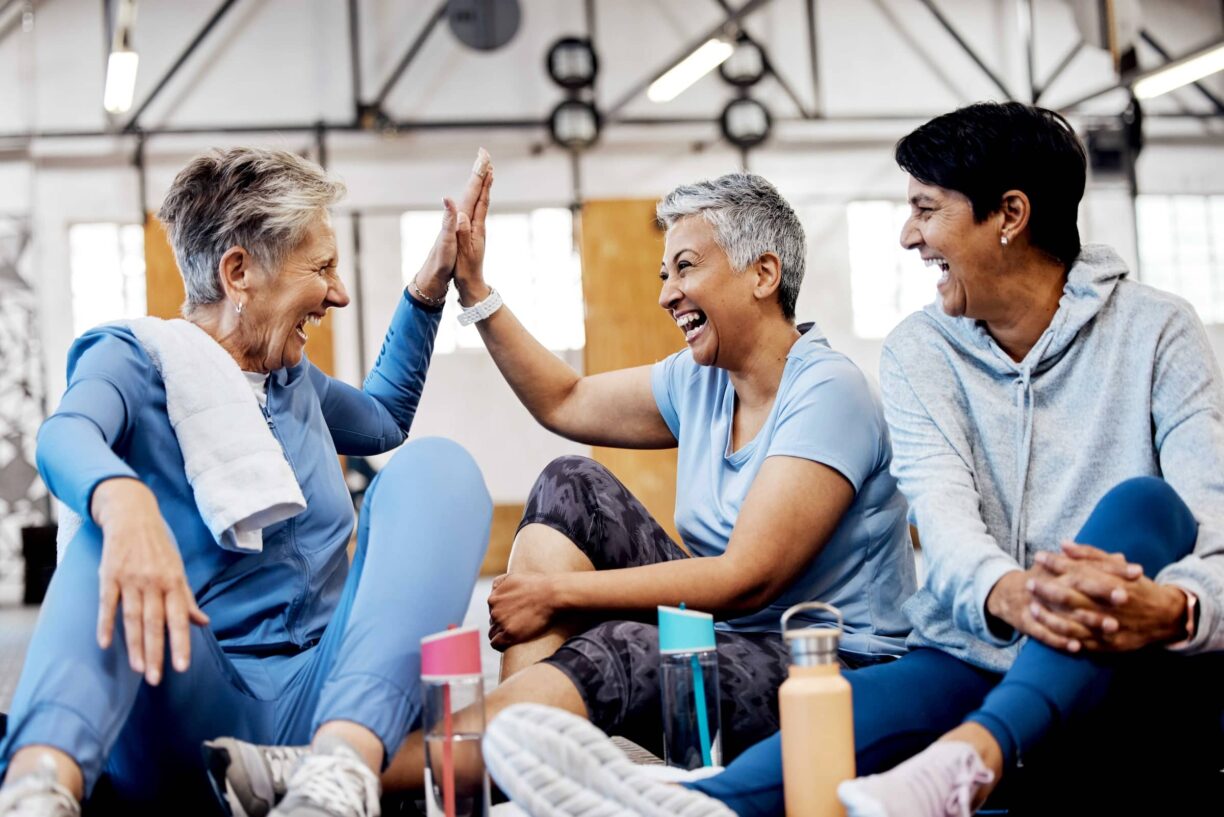Our immune systems have never felt more precious. But when it comes to exercise, does the ‘less is more’ approach work?
Or should you go at it full pelt in an attempt to boost both flagging spirits and fitness levels at this crazy time?
“Your immune system loves a bit of exercise,” says fitness expert Laura Williams. However, exercise and your immune system, she says, have a varied and complex relationship.
“Exercise works in several different ways, from affecting how your immune system’s cells behave, to helping us cope with stress, which has a knock-on effect on our immune system.”
So, what should you do and what should you avoid?
“A combination of cardiovascular exercise, like jogging or brisk walking, to boost or maintain fitness levels; resistance training to maintain or improve the strength of your muscles (this bit is particularly effective at keeping your metabolism ticking over – useful if you’re less active than usual) and some stretches and breathing exercises,” says Williams, noting this is important for helping your body and mind relax – and will have a knock-on effect on your immune system.
“The jury is still out on the impact of longer bouts of higher-intensity exercise. A few burpees in an effective, convenient home routine probably won’t hurt, but I personally wouldn’t be participating in numerous, lengthy, HIIT sessions at the moment,” she says.
“The evidence for the really tough stuff and immunity is still being debated a bit too frequently for me, especially at this time, when the stakes feel higher than usual.”
Williams has these tips for getting started with your exercise routine…
Start simple
“Start with 30 minutes. Walk in one direction for 10 minutes, and turn around. Then spend 10 minutes doing two sets of lunges, two sets of 10 push-ups (modified push-ups are fine to get you started), two sets of crunches, and two slow stretches, breathing slowly. This covers all bases.”
Schedule your exercise every day
“If you’re unable to stick to the same time every day, ring-fence the time as soon as you can. It can be 9am one day; 5pm the next. But start your day knowing at least 30 minutes needs to be freed up.”
Don’t wait to want to do it
“If you view exercise as something that should be enjoyable from the off, change your mindset. You need to do exercise to reap the rewards – anticipating it won’t feel great, so it’s easy to talk yourself out of it or procrastinate. The prospect of lacing up trainers and getting a bit hot and uncomfy doesn’t feel good. But fast-forward to the after-exercise bit: the bit where you feel clearer, more productive, more optimistic, and a bit more hopeful and robust.”
Be accountable to someone other than yourself
“There’s never been a better case for the workout buddy. Start a family or friends WhatsApp group and every workout, assign a timekeeper, a content-planner and a coach. Getting an exercise habit is as much about taking responsibility for yourself and others as it is about what you actually do.”
Go live
“Discover the beauty of platforms like Google Hangouts and Zoom. The fun you’ll have with your family and friends fitness group is second to none. Life will be breathed into your fitness routine.
Here’s how it could look: Monday your cousin leads Zumba; Wednesday you show everyone squats and lunges. On Friday, your friend talks you all through the basics of Pilates, and on Sunday the kids run through their Radical Front-Room-Running Routine.
You will feel energised, you will feel fit and – importantly – you will feel connected.”





